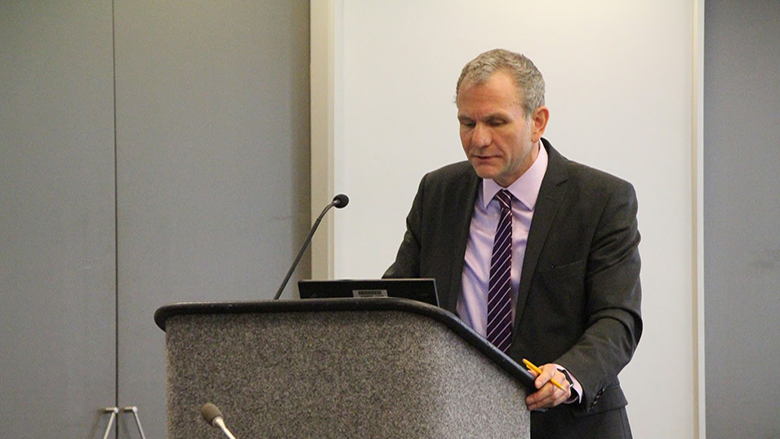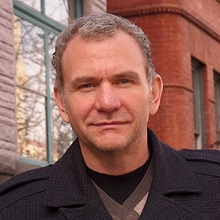Welcome to this month’s World Bank Research E-Newsletter, a monthly summary of research conducted by our department.
This month our Policy Research Talk focused on The Future of Global Poverty Monitoring at the World Bank. In this talk, Dean Joliffe reviewed how the World Bank monitors progress toward the extreme poverty goal, including an explanation of how the $1.90 international poverty line was established and the role of purchasing power parity indices. He then discussed supplemental poverty measures that will be monitored in addition to the measure of extreme poverty, including the introduction of “income-class” poverty lines, multi-dimensional poverty indices, and a “global societal poverty line” (i.e. a weakly relative line), and concluded with a discussion of the Atkinson Commission on Global Poverty report recommendation to estimate total error to enhance the informational content of the poverty point estimate. If you missed the talk, you can still watch a replay or download the presentation.
This month’s newsletter focuses on the theme of gender inequality. Gender inequalities persist with many costs to the economy and society. Gender research from 2009-2016 shows that the gender gaps can emerge or be closed through a surprising variety of policies, including some that aren’t explicitly designed with gender in mind. More recent papers cover topics such as the cost of land tenure insecurity on the productivity of female farmers in Africa, gender discrimination in the diffusion of agricultural technology, the role of radio programming in increasing political participation by women, the state of poverty in female-headed households in Africa, policies that target poor households often miss women and children, and more.
Enjoy!
—Asli


